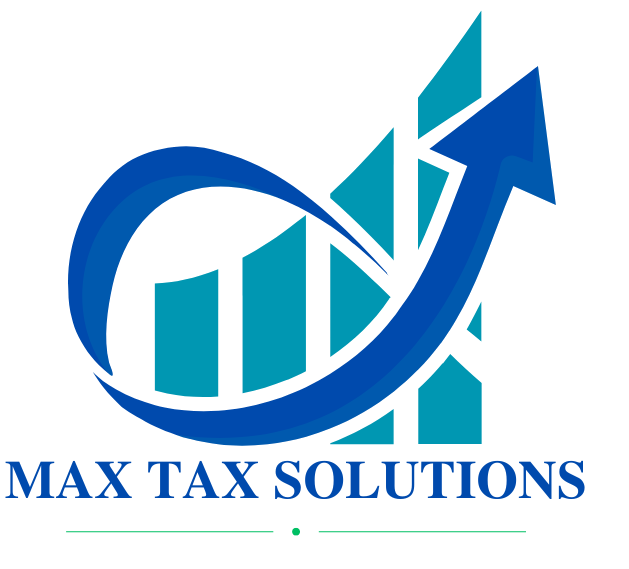Faqs
Frequently Asked Questions (FAQ)
Deciding whether to handle tax planning yourself or seek expert advice depends on your comfort with tax laws, financial situation, and the complexity of your taxes. Here are some points to consider:
Doing Tax Planning Yourself
Pros:
Cost-Effective: It’s usually cheaper than hiring a professional.
Learning Opportunity: You can improve your financial literacy.
Simple Situations: If your taxes are straightforward, self-filing can be efficient.
Cons:
Complexity: Tax laws are complex and frequently change.
Risk of Errors: Mistakes can lead to penalties or missed opportunities.
Time-Consuming: It requires significant time and research.
Getting Expert Advice
Pros:
Expertise: Professionals have specialized knowledge and experience.
Tax Optimization: They can help you save on taxes legally.
Compliance: They ensure you’re following all tax laws, reducing risk.
Cons:
Cost: Hiring a professional costs money.
Dependency: You might not fully understand your own finances.
When to Consider Expert Advice
Complex Finances: Multiple income sources, investments, or business ownership.
Tax Law Changes: Significant changes in tax laws.
Business Owners: Especially for corporations or self-employed individuals.
Estate Planning: Involves complex tax implications.
Maximizing Savings: To identify tailored tax-saving strategies.
In summary, If your taxes are simple and you understand tax laws, you might manage on your own. For complex situations, significant tax law changes, or maximizing savings, consulting a tax professional is wise. Choose based on your comfort level, financial goals, and need for accuracy.
